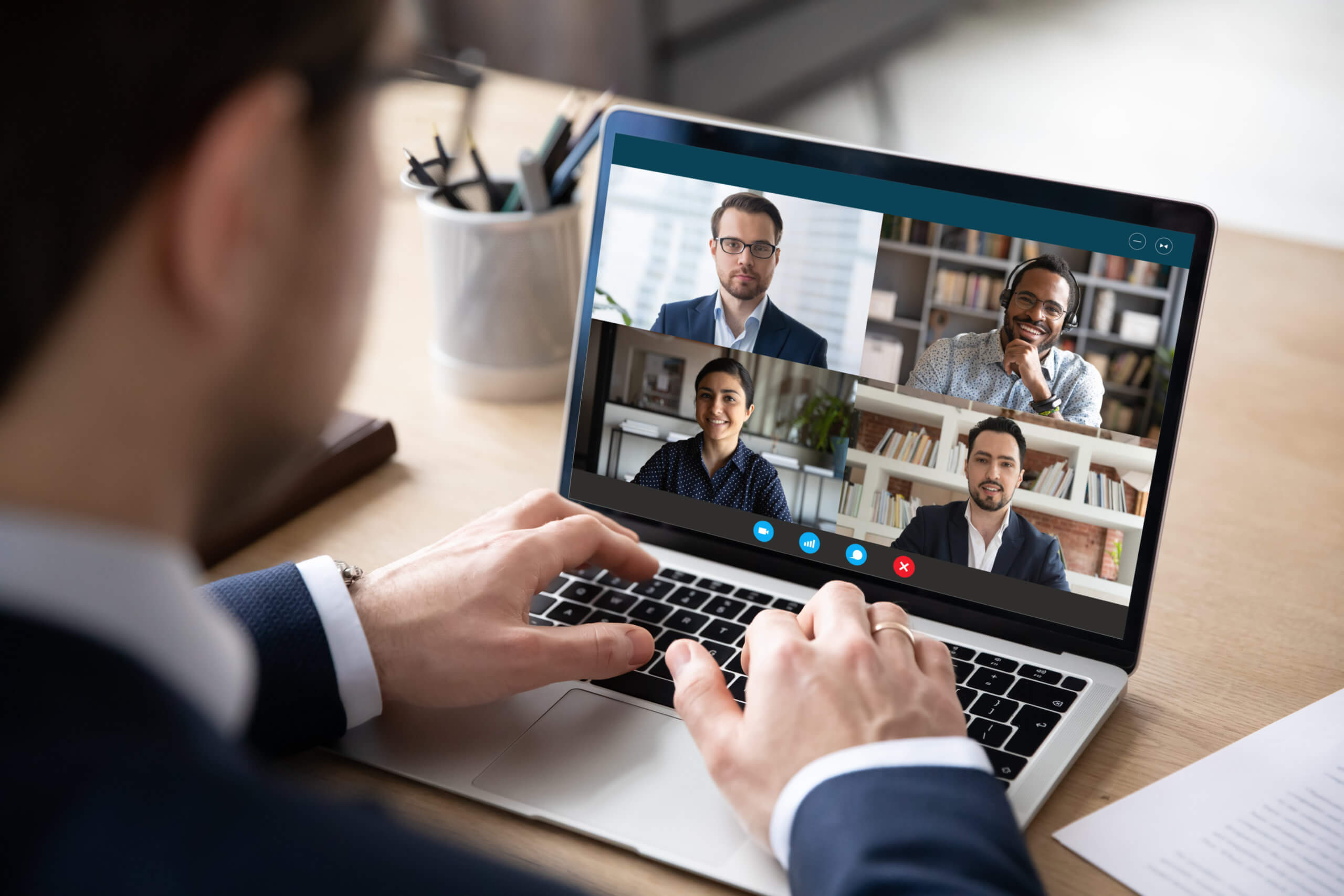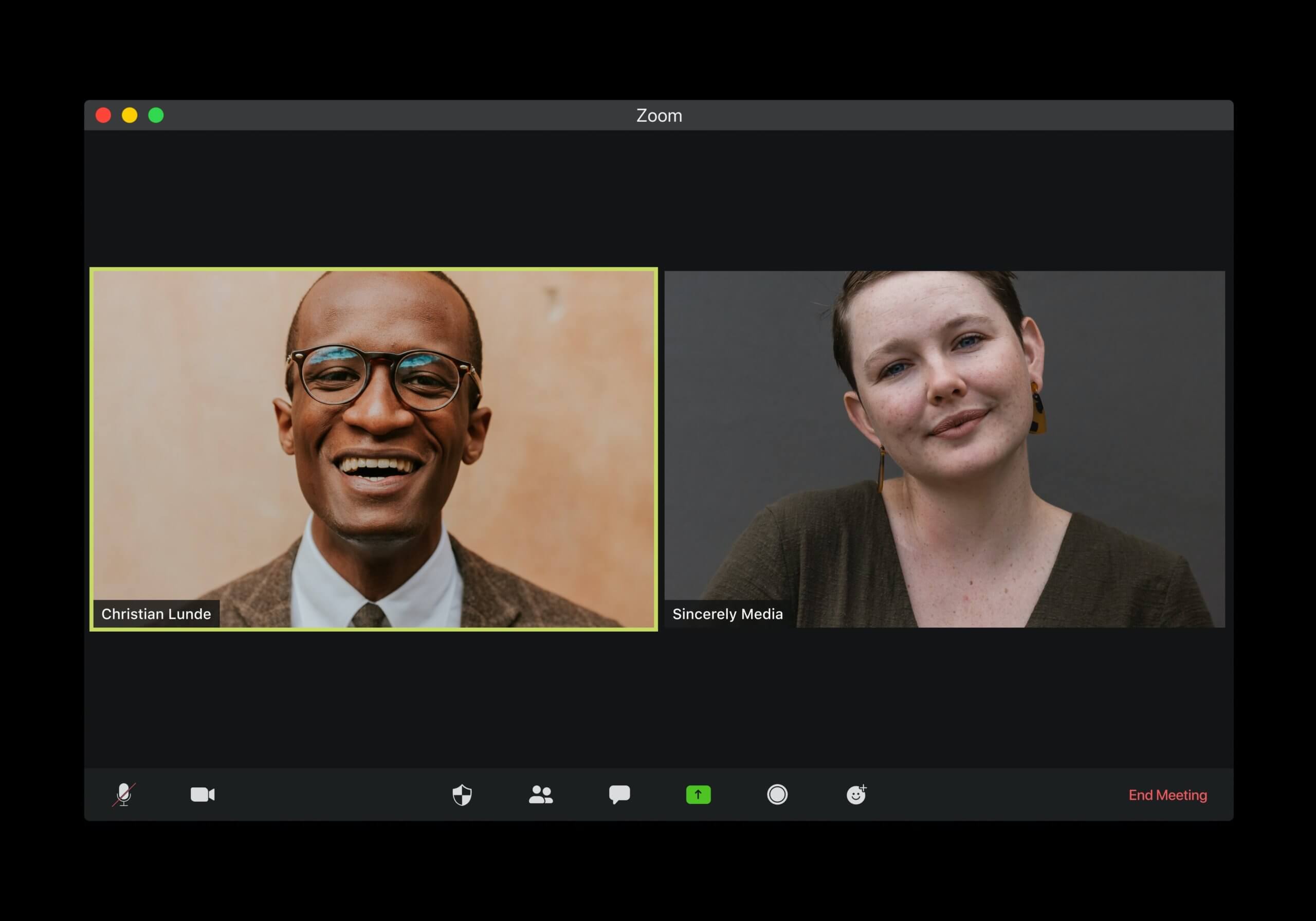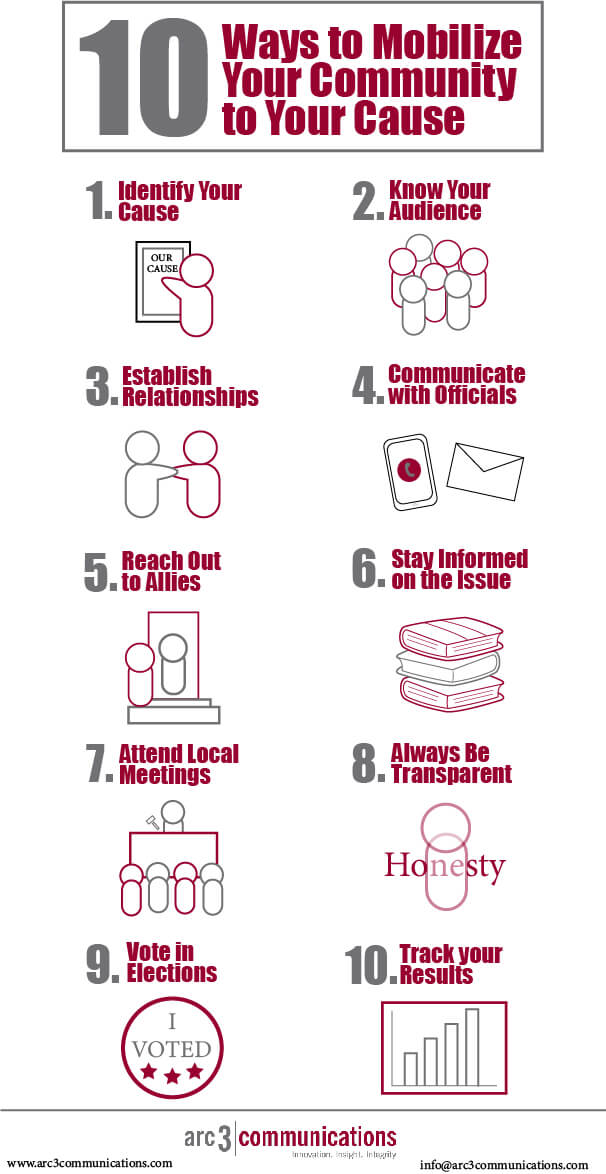 Rising star in public affairs strengthens multi-state advocacy capabilities
Rising star in public affairs strengthens multi-state advocacy capabilities
Arc 3 Communications, a public affairs agency that specializes in content, digital and advocacy, announced that they have hired new account executive, Gabrielle Deliz. With extensive government affairs experience in the private and public sectors, Deliz most recently served as a government consultant for the Thomas Howell Ferguson, P.A. CPAs firm in Tallahassee, where she consulted for the Florida Division of Emergency Management (FDEM). With strong legislative and regulatory knowledge at the state and local government levels, Deliz will provide top-notch advocacy for clients to meet their public affairs needs.
Prior to consulting on behalf of the FDEM, Deliz served in the Florida Department of Environmental Protection. She also previously worked for the Republican Party of Florida as a part of the 2018 campaign team behind the election of Governor DeSantis and other officials. Deliz has also served in the legislative office of the former Florida Speaker of the House of Representatives, Jose R. Oliva.
Deliz is a cum laude graduate of the Florida State University where she received a Bachelor of Science in Political Science and a Minor in Communications. During her undergraduate tenure, Deliz was deeply involved in the FSU Foundation, where she developed a passion for philanthropy and higher education. She is currently pursuing a Master of Public Administration at FSU.
“Arc 3 Communications has achieved impactful results for clients in the area of local and state advocacy across the country,” Deliz said. “I am excited to join the agency and look forward to providing additional value for our clients in these areas.”
“Gabrielle is a rising star in public affairs and will be a tremendous asset to our clients in the area of multi-state advocacy at the local and state levels,” said Founder and President, Patrick Burns.
About Arc 3 Communications
Founded in 2011, Arc 3 Communications is an innovative public affairs agency that specializes in content, digital and advocacy services for clients. Arc 3 provides winning public affairs solutions to businesses, trade associations, non-profits, and government agencies. We produce dynamic content, innovative digital campaigns and effective advocacy that results in legislative, electoral, and civic engagement victories for clients.






